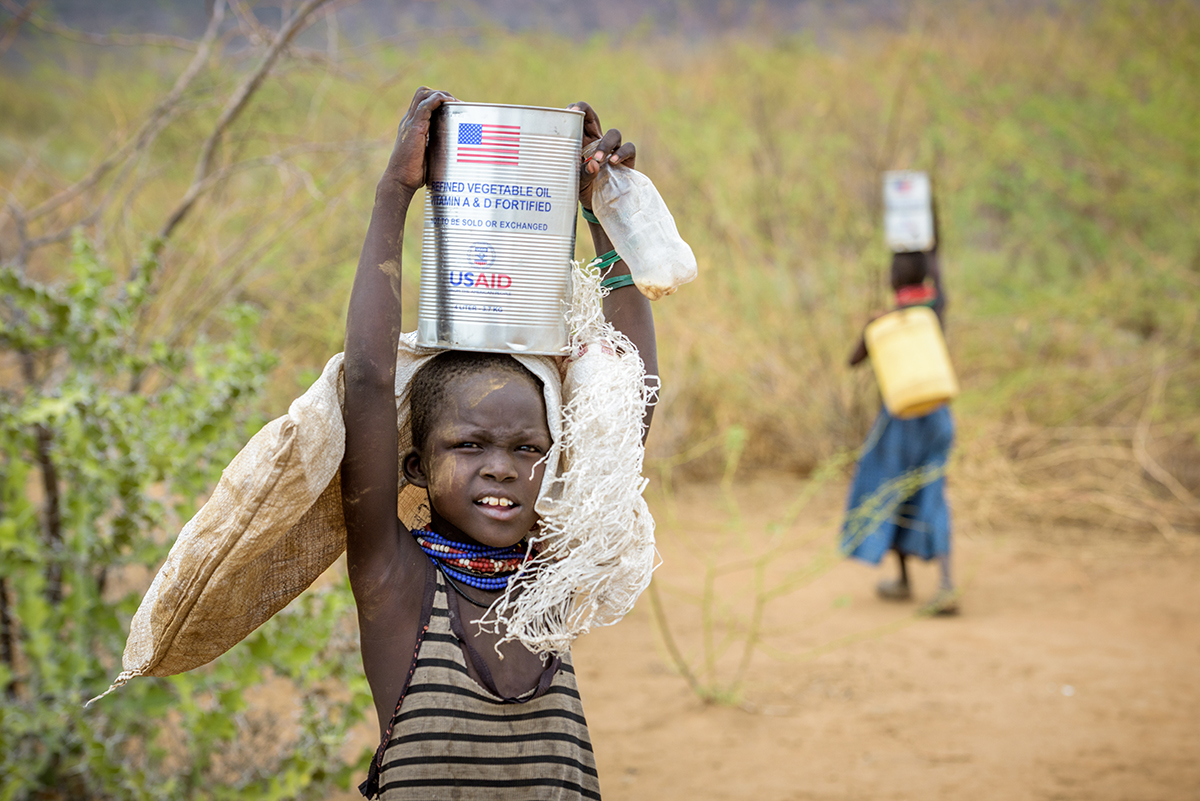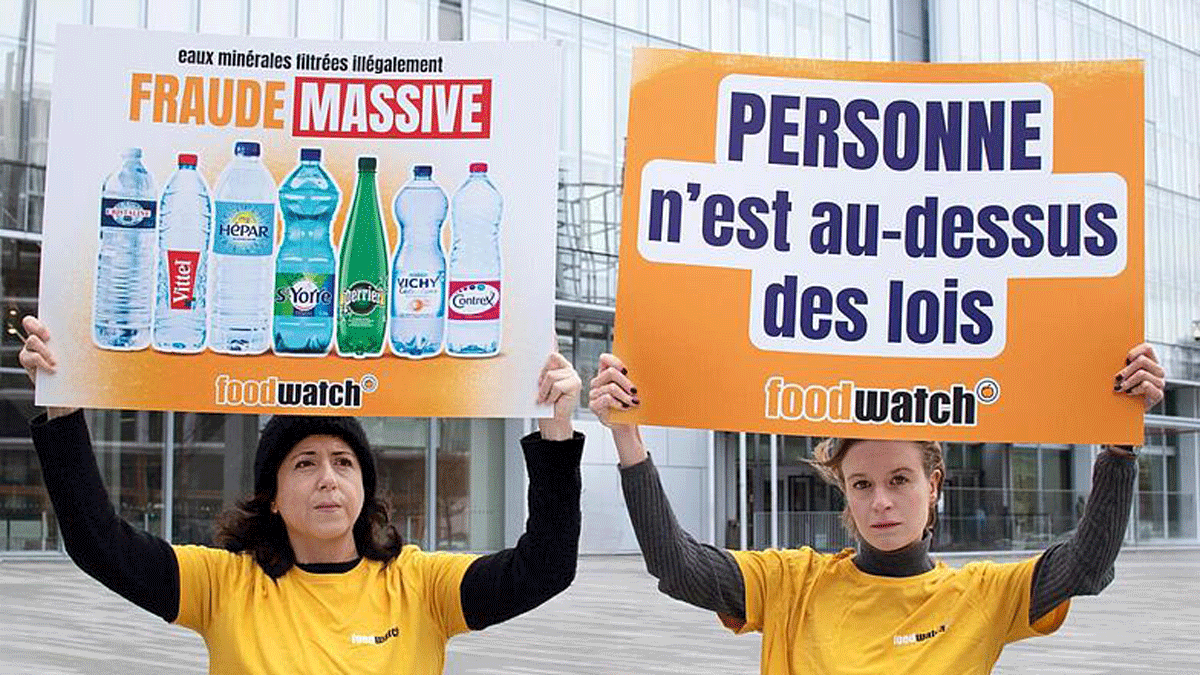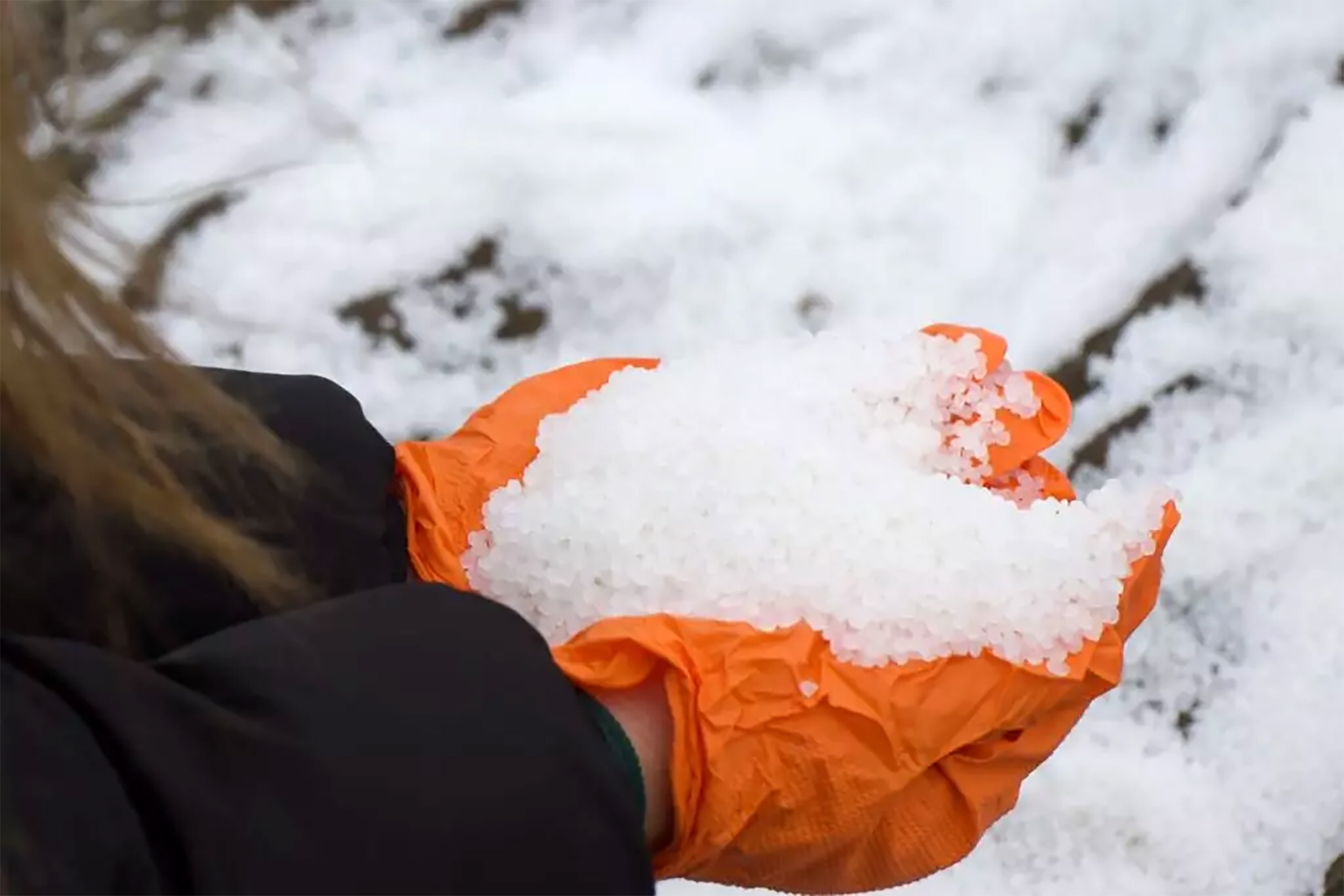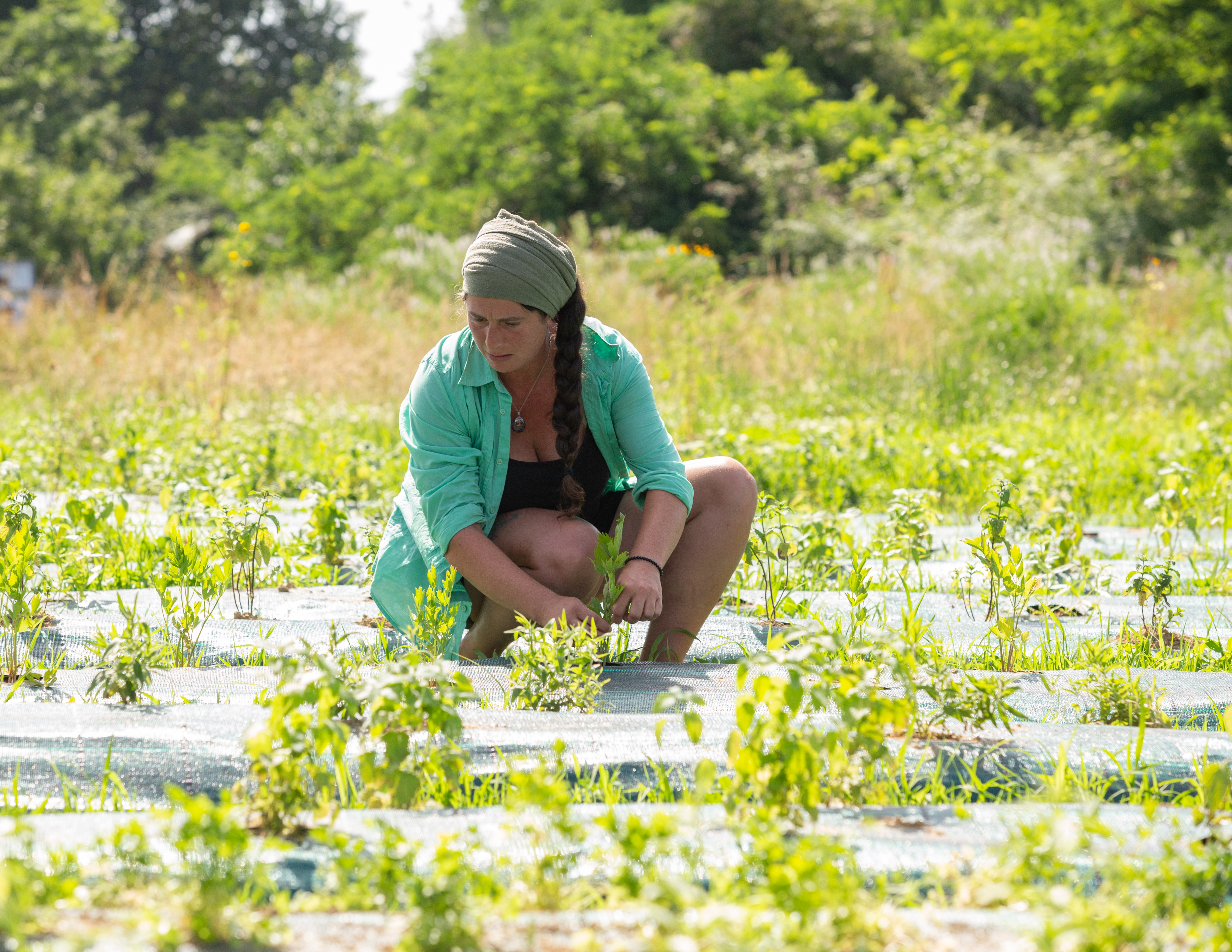Geopolitics of hunger: The war in Ukraine is the last shot in a world where hunger was already growing
- The Centre Tricontinental, a classic internationalist left, dedicates a special journal to the geopolitics of hunger: A système alimentaire à transformer. Hunger has not been interrupted in recent decades, but has expanded, despite the long-standing formulation of alternatives to feed everyone. The Ukrainian has given a final blow to the system that does not have the capacity to satisfy all the mundane.

For the Russian invasion of Ukraine, on 24 February, the Centre Tricontinental (CETRI), in the press, published Un système alimentaire à transformer (“Feeding system to be modified”), a series of experts. Since then, interviewed in 20 minutes pour podcast, sociologist and historian Laurent Delcourt, head of research at CETRI, has presented his main lines. Here we summarize the dialogue entitled Geopolitique de la faim (“Geopolitics of Hunger”).
First finding: despite not appearing in the main lines of today, more and more people are at risk of dying or starving. When the United Nations adopted its proposals for sustainable development in 2015, the eradication of world hunger by 2030 was one of the main goals of mankind. But since then it has continued to grow in seven years. In 2015, there were an estimated 630 million people in the world hungry. By 2019, between 50 and 70 million euros more were suffering a chronic lack of food. That was before we opened COVID-19…
The coronavirus and the closures and restrictions implemented since 2019 to control it endangered international food production and distribution circuits. In addition, with the loss of jobs, especially in the non-formal economy, caused by the freezing of the economy, millions of families ran out of income. And in the 21st century, no money, no food. By early 2022, hunger had already trapped 870 million people in the world. But if that was not enough, the invasion and war in Ukraine has come.
The geographic distribution of hunger is related to the income level of families in each country: “countries with little money”, not “countries without food”. Poor, poor countries. For example, those from the African Sahel, in recent years mainly Niger, Burkina Faso, Chad, Mali and Mauritania. Then come those who are at war or those who have recently gone, Afghanistan, Yemen… There are also Asia South Bangladesh, India and Pakistan. And those in Central America, who are suffering a very deep crisis, which causes both food problems and massive migrations.
In recent years, the numbers of hungry people and those who have migrated four times have doubled in Sahel. The same thing has worsened in the so-called East Branch of Africa – Ethiopia, Eritrea… –, Sudan and Sudan. The southern part of the island of Madagascar has been living in the last two years a terrible drought, the first great drought that has been so marked by climate warming, jeopardising the survival of two million people. Outside these regions there are also significant examples of a decline in food security: In a Brazil, in the first 15 years of the twenty-first century, hunger was considered to have disappeared, but in recent years it has reappeared.
CHEAP FOOD REARING
Wars, the loosening of the climate and the increased cultivation of fertilizers by the energy crisis are closely linked to famines. But this tragedy has two other fundamental components, one of which is little quoted: What Delcourt calls “food governance”, that is, it is one thing to reach an international consensus on the objectives of eradicating hunger and another very well in the strategies and policies to achieve it.
The UN has historically had FAO as a tool to work on the progress of this problem, but the EE.UU have always been suspicious of FAO and have made the World Food Programme WFP a reference tool for world hunger.
As for the UN Assembly, if the FAO is based on “one country, one vote” – one vote by Burkina Faso, one vote EE.UU – liberated from these WFP principles, EE.UU. has managed to manage food emergencies to their liking, mainly using the surpluses of the U.S. agroindustry for worldwide dissemination.
The fact is that poor countries are trapped by the consequences of the United States strategy since 1960, the time of the Cold War. The United States, and on its belt, the other rich Western countries, decided to drown poor countries in cheap meals. By that time, the West had been overproducing agricultural products for years. These, doped with public subsidies, dispersed everywhere, selling much cheaper than the products of local farmers. Soon, many food-exporting countries became cheap food importers.
This way of planning the feeding of populations became ideology in the 1980s, when neoliberalism prevailed in the West. As Agriculture Minister Ronald Reagan said, the way to feed poor countries was not the production of own food, but the purchase of cheap food to the United States. Since then, in negotiating financial solutions with the International Monetary Fund and the World Bank for an indebted country, one of the requirements was not to invest money in agriculture.
The 2008 crisis showed that an indebted country, without peasants, could be found overnight without being able to secure daily bread or rice for its citizens. During the months and years that followed, the rebellions caused by the lack of food were few, but failed to change the global governance of hunger. Between 2000 and 2015, the group of the world’s poorest countries has seen food imports rise from $2.5 billion to $33 billion.
“What happens basically? The poor are forbidden to promote agriculture, the peasants who make up the majority of the population are forbidden to live from their work, these countries and people become assistants of imports. If food becomes more expensive internationally, it is a disaster. Here we are. The problem is addiction. Relocation is vital both for food production and for many other products. Vital for them... and for us too.”
Ur kontaminatua ur mineral eta ur natural gisa saltzen aritu dira urte luzeetan Nestlé eta Sources Alma multinazional frantsesak. Legez kanpoko filtrazioak, iturburuko ura txorrotakoarekin nahasi izana... kontsumitzaileen osagarria bigarren mailan jarri eta bere interes... [+]
2016ko hasieratik bosgarren aldiz, Europako Batzordeak ez du lortu EBko estatu kideen gehiengoa glifosato herbizidari baimena luzatzearen alde agertzea. Indarrean dagoen baimena aurtengo abenduaren 31n iraungiko da, eta beste hamar urterako berritu nahi du Batzordeak,... [+]

























